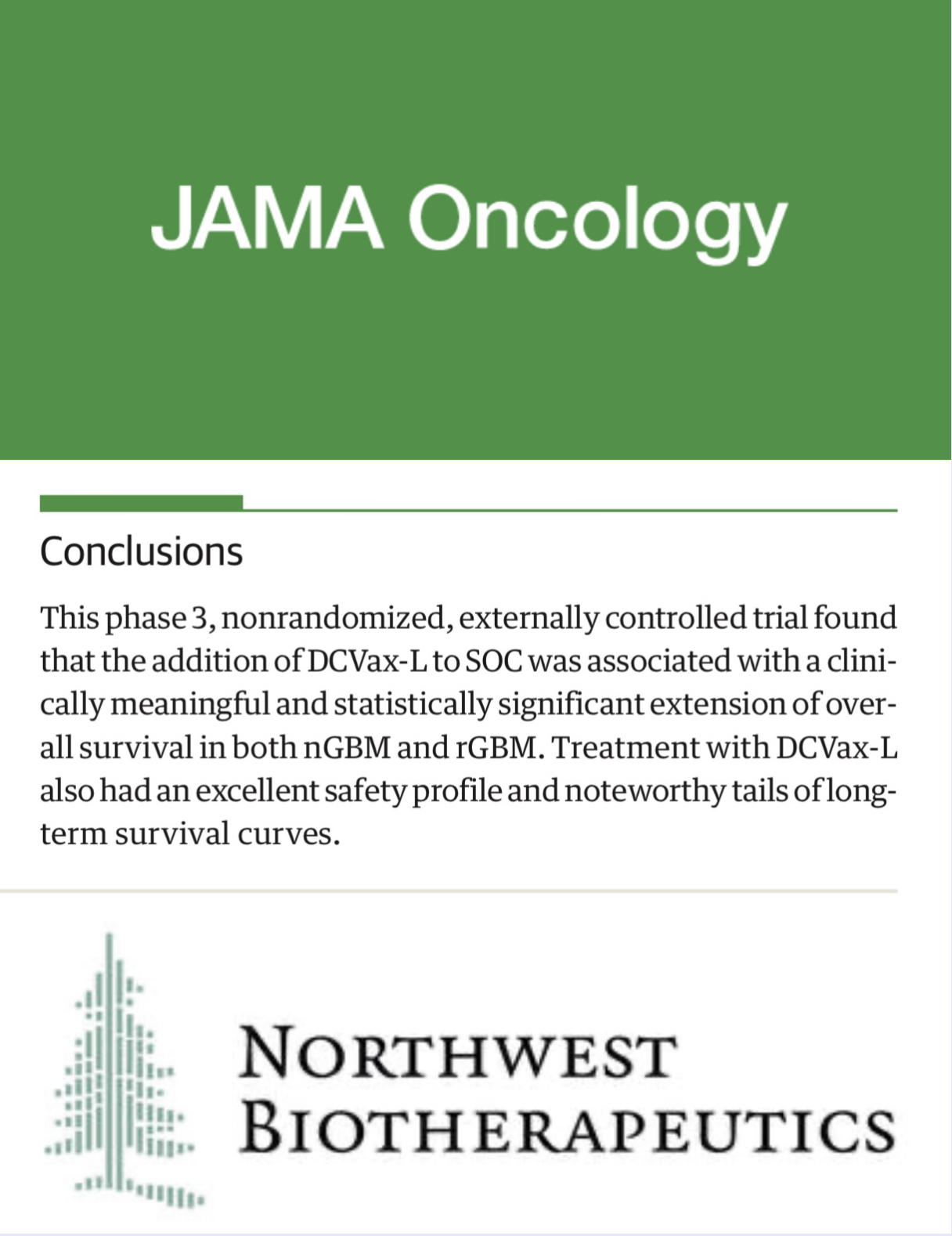Utidelone Plus Bevacizumab for ERBB2-Negative Metastatic Breast Cancer and Active Brain Metastases: The U-BOMB Phase 2 Nonrandomized Clinical Trial.
IF 20.1
1区 医学
Q1 ONCOLOGY
引用次数: 0
Abstract
Importance Patients with ERBB2 (formerly HER2 or HER2/neu)-negative metastatic breast cancer (MBC) and brain metastases have poor prognosis, and effective treatment options are limited. Objective To investigate the activity and safety of utidelone plus bevacizumab in patients with ERBB2-negative MBC and active brain metastases. Design, Setting, and Participants This nonrandomized clinical trial was conducted at 5 hospitals in China. Adult patients with ERBB2-negative MBC who had untreated or progressive brain metastases were enrolled between May 5, 2022, and October 25, 2023. The data cutoff date was May 20, 2024; data were analyzed from September 15, 2022, to July 20, 2024. Interventions Patients received bevacizumab (15 mg/kg on day 1) and utidelone (30 mg/m2 on days 1-5) every 3 weeks until disease progression or unacceptable toxic effects. Main Outcomes and Measures The primary end point was central nervous system (CNS) objective response rate (ORR) according to Response Evaluation Criteria in Solid Tumors (RECIST) version 1.1. Results A total of 47 female patients (median age, 53 years [IQR, 45-59 years]) were recruited. Of these, 35 patients had untreated brain metastases and 12 had brain metastases that had progressed after local radiotherapy. The CNS ORR was 42.6% (95% CI, 28.3%-57.8%) per RECIST version 1.1 and 40.4% (95% CI, 26.4%-55.7%) per Response Assessment in Neuro-Oncology Brain Metastases criteria. The median follow-up duration was 11.0 months (range, 2.3-23.6 months). The median progression-free survival (PFS) was 7.7 months (95% CI, 5.6-9.7), median CNS-PFS was 10.6 months (95% CI, 8.4 months to not reached), and median overall survival was 15.1 months (95% CI, 12.0 months to not reached). The most common grade 3 or higher treatment-emergent adverse events were decreased lymphocyte count in 5 patients (10.6%) and decreased white blood cell count in 3 patients (6.4%). No serious or fatal adverse events occurred. Conclusions and Relevance The findings of this nonrandomized clinical trial suggest the potential of utidelone plus bevacizumab for the treatment of patients with ERBB2-negative MBC and active brain metastases. This treatment approach warrants further validation in a randomized clinical trial. Trial Registration ClinicalTrials.gov Identifier: NCT05357417.乌替龙加贝伐单抗治疗erbb2阴性转移性乳腺癌和活动性脑转移:U-BOMB 2期非随机临床试验
ERBB2(原HER2或HER2/neu)阴性转移性乳腺癌(MBC)和脑转移患者预后较差,有效的治疗选择有限。目的探讨乌替龙联合贝伐单抗治疗erbb2阴性MBC伴活动性脑转移的有效性和安全性。设计、环境和参与者本非随机临床试验在中国的5家医院进行。在2022年5月5日至2023年10月25日期间招募了未经治疗或进展性脑转移的erbb2阴性MBC成年患者。数据截止日期为2024年5月20日;分析了2022年9月15日至2024年7月20日的数据。干预:患者每3周接受贝伐单抗(第1天15mg /kg)和乌替地龙(第1-5天30mg /m2)治疗,直到疾病进展或不可接受的毒性作用。主要终点是根据实体肿瘤反应评价标准(RECIST) 1.1版中枢神经系统(CNS)客观反应率(ORR)。结果共纳入47例女性患者,中位年龄53岁[IQR, 45-59岁]。其中,35名患者未经治疗脑转移,12名患者在局部放疗后发生脑转移。根据RECIST 1.1版本,CNS ORR为42.6% (95% CI, 28.3%-57.8%),根据神经肿瘤脑转移标准的反应评估,CNS ORR为40.4% (95% CI, 26.4%-55.7%)。中位随访时间为11.0个月(范围2.3-23.6个月)。中位无进展生存期(PFS)为7.7个月(95% CI, 5.6-9.7),中位CNS-PFS为10.6个月(95% CI, 8.4个月至未达到),中位总生存期为15.1个月(95% CI, 12.0个月至未达到)。最常见的3级或以上治疗不良事件是5例(10.6%)患者淋巴细胞计数下降,3例(6.4%)患者白细胞计数下降。未发生严重或致命的不良事件。结论和相关性这项非随机临床试验的结果表明,乌替德龙联合贝伐单抗治疗erbb2阴性MBC和活动性脑转移患者的潜力。这种治疗方法值得在一项随机临床试验中进一步验证。临床试验注册号:NCT05357417。
本文章由计算机程序翻译,如有差异,请以英文原文为准。
求助全文
约1分钟内获得全文
求助全文
来源期刊

JAMA Oncology
Medicine-Oncology
自引率
1.80%
发文量
423
期刊介绍:
JAMA Oncology is an international peer-reviewed journal that serves as the leading publication for scientists, clinicians, and trainees working in the field of oncology. It is part of the JAMA Network, a collection of peer-reviewed medical and specialty publications.
 求助内容:
求助内容: 应助结果提醒方式:
应助结果提醒方式:


